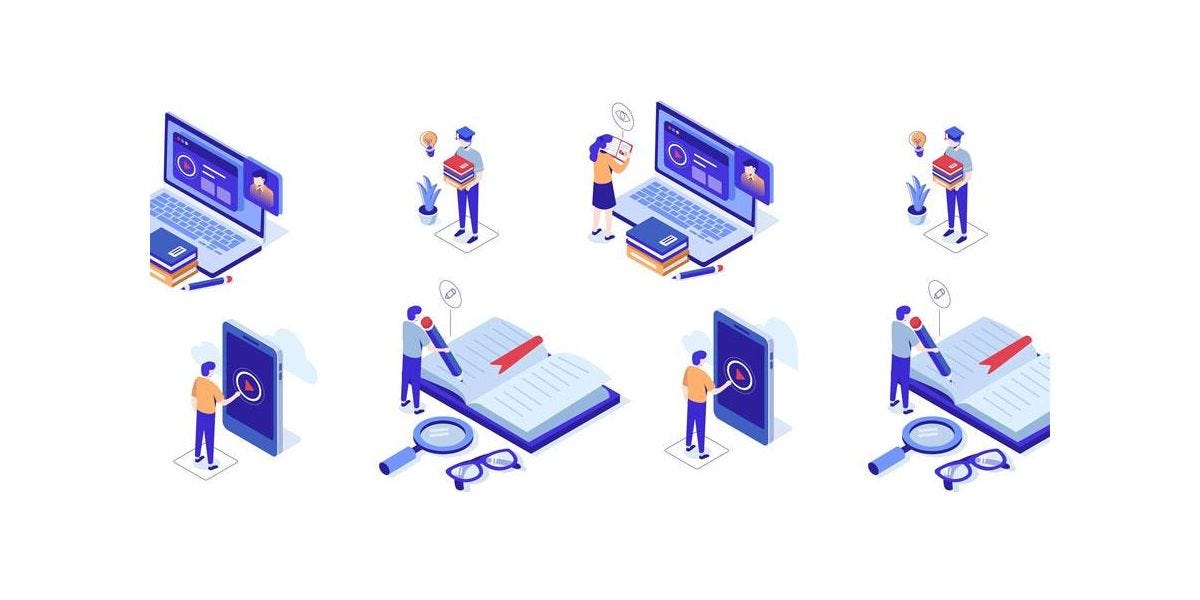Speed of Change
Things are happening so fast! (Or are they?) Has lockdown simply forced us to recognise that learning doesn’t have to take place within bricks and mortar? Could online education become an effective tool? And is it a good idea to replace the classroom with the kitchen table?
Online University
Back in May (yes – it seems a lifetime ago!) Cambridge University announced that all lectures would be online for the 20/21 academic year. There was a possibility of ‘smaller teaching groups in person’, but only if participants met social distancing requirements. It remains to be seen what decision other universities will make, but if students are charged the whole amount of tuition fees without stepping foot on campus, many will evaluate what they are receiving for their money.
Advantage
- University education more accessible to those from who need to work or can’t afford to live away from home
- Lecturers can pre-record sessions to be accessed at the best time for the student – and repeatedly watched for in-depth understanding
- Humans are becoming adept at sharing discussion sessions and meetings through platforms like Zoom
Disadvantage
- Loss of interaction with students from other courses
- No learning the life skills needed to live away from home
- Simply tuning into sessions reduces discussion and debate
- Economic effects: 13 universities are facing insolvency – suggesting that many others will struggle
Compromise
Universities don’t have to stick to how it’s always been done. Could a hybrid model emerge?
General and Business Learning
People love learning – but don’t always like a traditional style. Ted Talks peeled open the education platform, and technology enables exciting visual aids so that ‘dry’ lecturing could be a thing of the past. According to Future Learn (an online education provider partnered with the Open University and with ties to one quarter of universities globally) demand for adult education will rise by 14 million students every year from now until 2030. It has calculated that for face to face learning to cope with demand, 700 universities serving 20,000 students would need to be built each year.
Advantages
- Re-training on the job is the norm; businesses (and education!) already use online education to ensure staff are up to date
- A better informed public
Disadvantages
- Some platforms unregistered or fact-checked
- Does not help courses that require a practical element
Compromise
Courses with practical element could be split into two parts of equal size: half take part online, half are socially distanced for practical work.
Online Testing
Is online assessment a credible alternative? Universities set online exams this year, but school pupils are not taking exams on-site at all. GCSE and A Level cohorts studying for next year have missed huge chunks of work, leading to a group of 5000 headteachers to state that it is unrealistic for students to catch up to exam level. An ‘open book’ policy (text books used in the exam) could help, and in addition, exam watchdog Ofqual has suggested removing the ‘practical parts’ of some exams.
Advantages
- Easy to set up
- The best we can do
Disadvantages
- Possibility of cheating
- Unequal access to technology
Compromise
Elements of course examined by computer – or alternative larger venues kitted out for written exams.
Online Schools
Teachers have worked like Trojans to embrace online teaching – with some schools even managing a ‘remote’ end of year production. However, not all pupils have their own laptops, and with schools ‘doing their own thing’ we are far from giving learners a standardised experience. Some teachers have prepared excellent and popular YouTube lessons and the government is looking into preparing a library of lessons taught by selected teachers. If schools lockdown again, could online education effectively replace the teacher at the front of the class?
Advantages
- Lessons can be repeated and accessed to suit family circumstances
- Allows access to pupils who have to be away from school for any reason
- A ‘super-teacher’ lesson could be ‘guaranteed’ to be high quality and engaging
- Lessons fit into a flexible day
Disadvantages
- Schools are a symbol of education; an emblem of how it is valued in our society
- Socialisation skills minimised
- Parents may not enforce home learning
- Requires equal access to up to date online devices
- Lack of differentiation in lessons, especially affecting children with additional needs
- A fact-led curriculum with lack of exploration-led learning
- Will pupils truly engage, or simply tick a ‘watched’ box?
- Screen time! Headaches, lack of sleep and no exercise. Before lockdown, recommended screen time was 2 hours for school age children. Can it now be right to expect more hours without repercussions?
Compromise
Get as many pupils into school as possible, but prepare a core set of online lessons (your own, or selected from quality sources) that can plug the gap if needed.
In Summary
- Online education has wide scope, but probably isn’t the total answer for schools and education overall
- Technology is improving all the time and teachers are creative, flexible and used to sharing knowledge
- And online is better than nothing!

